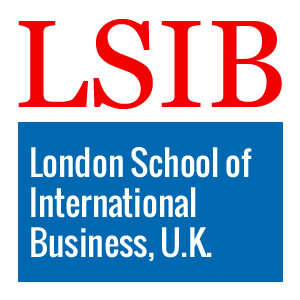Graduate Certificate in Bio Art
Published on June 18, 2025
About this Podcast
HOST: Welcome to our podcast, where we explore innovative courses that bridge the gap between different disciplines. I'm thrilled to have [Guest's Name], an expert in the field of Bio Art, with us today. [Guest's Name], can you briefly introduce yourself and your connection to this exciting new field? GUEST: Thanks for having me! I'm a Bio Artist and educator, always eager to explore the intersection of biology and visual arts. My work focuses on using biotechnologies ethically and sustainably to create impactful art. HOST: Fantastic! Today, we're discussing the 'Graduate Certificate in Bio Art,' a program that invites artists and scientists to push boundaries in contemporary art through biological practices. What are some personal experiences or insights you'd like to share about this unique course? GUEST: This course offers a wonderful opportunity to engage with cutting-edge biotechnologies while considering the ethical and ecological implications of our actions. Students can expect a rich, hands-on learning experience that challenges them to redefine their artistic vision. HOST: That sounds amazing. Now, as someone deeply involved in this industry, could you share some current trends in Bio Art that make this course particularly relevant? GUEST: Absolutely! Synthetic biology and gene editing are two major trends transforming the Bio Art landscape. Artists are now capable of creating living organisms and manipulating genetic material in ways that were unimaginable just a few years ago. This course equips learners to navigate these rapidly evolving technologies. HOST: Speaking of challenges, what obstacles might students face while learning or teaching this subject? How does the course address these issues? GUEST: Navigating the ethical gray areas and addressing public concerns about biotechnologies can be challenging. The course incorporates discussions on ethics and ecological responsibility, helping students develop a thoughtful, informed approach to their artistic practice. HOST: That's reassuring. Lastly, as we look to the future of Bio Art, what possibilities and opportunities do you see on the horizon? GUEST: I believe Bio Art will continue to challenge perceptions, fostering dialogue about the role of biotechnologies in our society. As artists and scientists collaborate more closely, we can expect even more innovative, thought-provoking works that inspire and educate the public. HOST: [Guest's Name], thank you so much for sharing your insights about the 'Graduate Certificate in Bio Art' today. Your expertise and passion for this field are truly inspiring! GUEST: Thank you for having me! It's been a pleasure discussing this exciting course with you.
